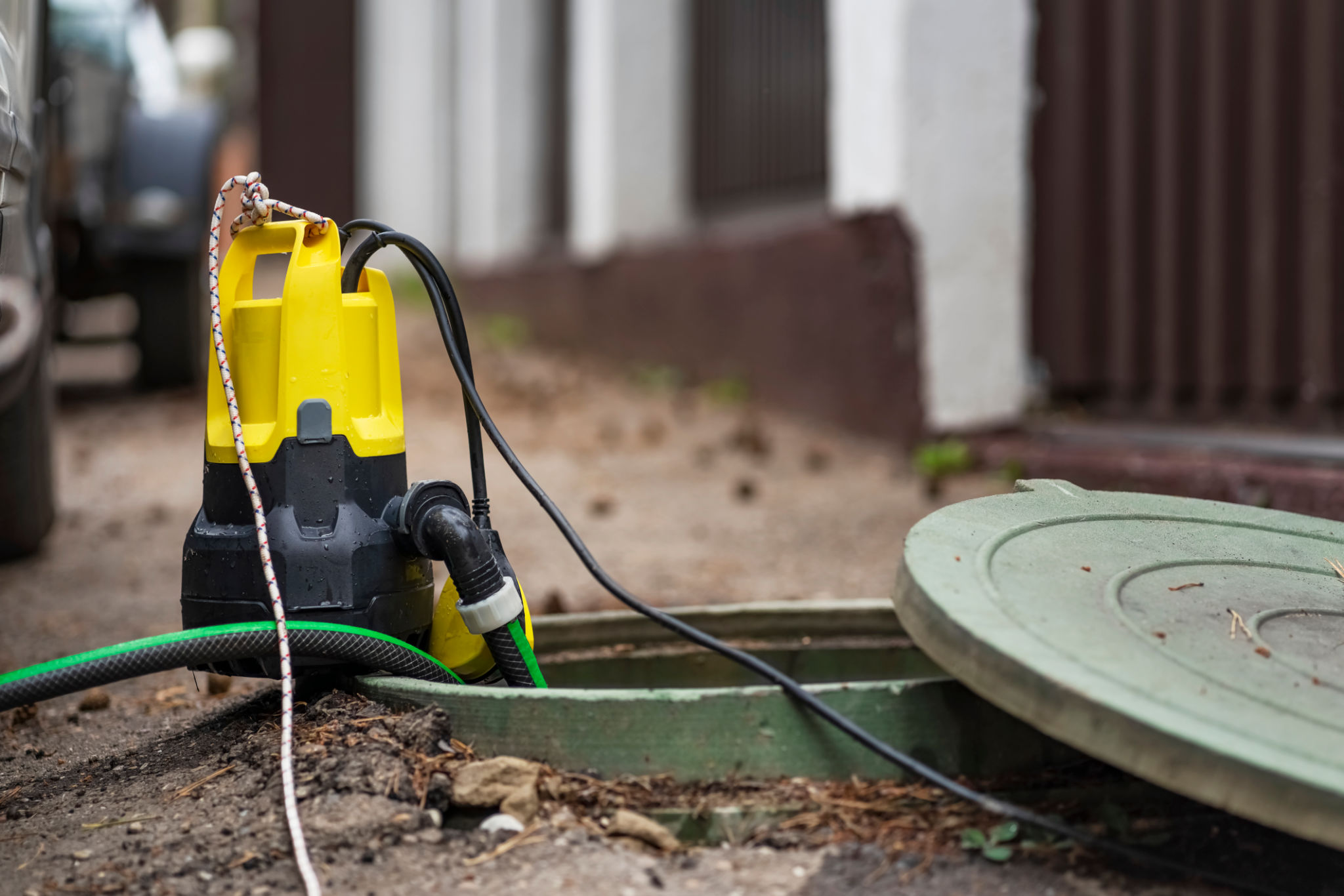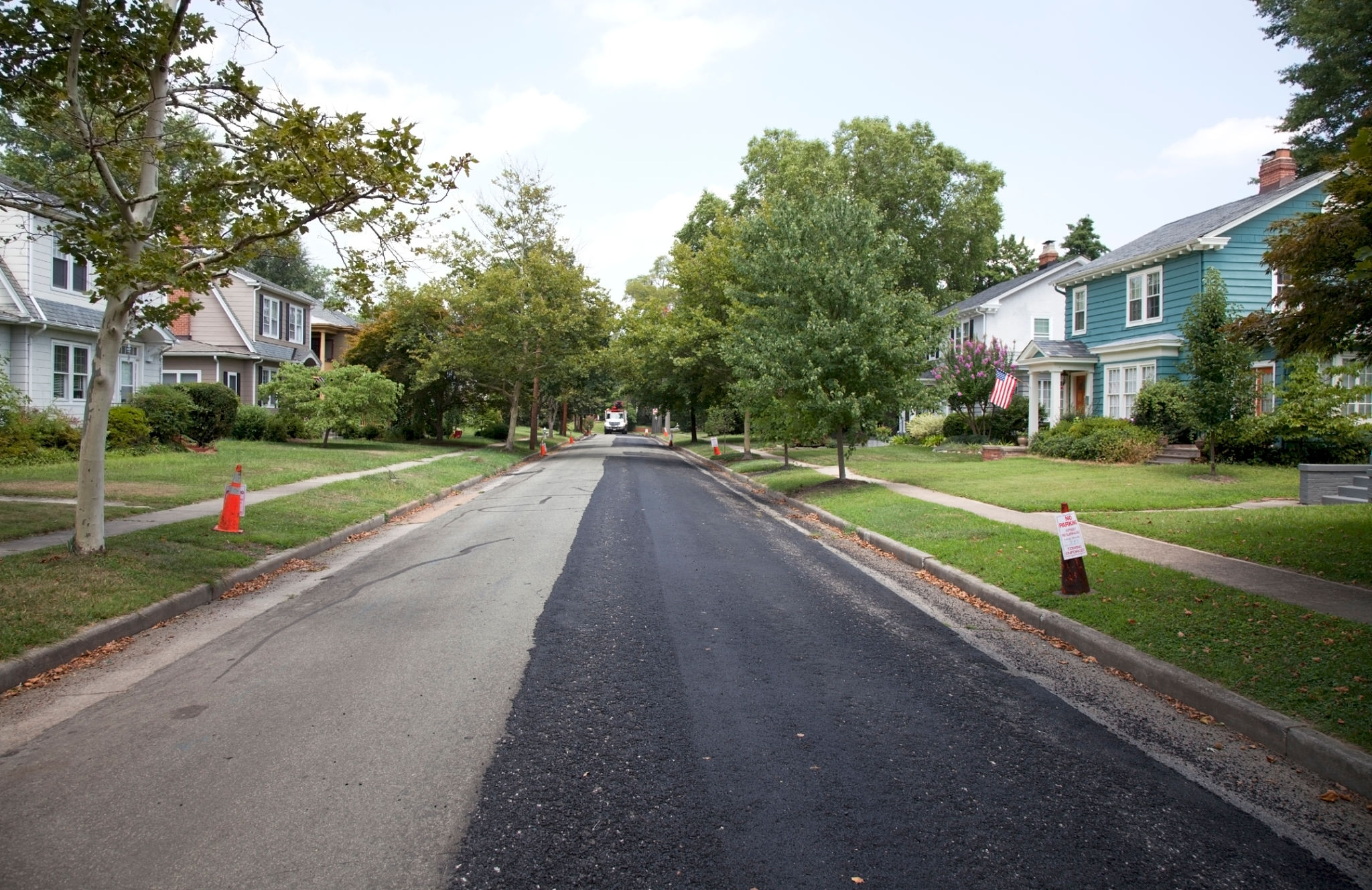Preparing for the Rainy Season: Road Maintenance Tips in Fiji
KT
Understanding the Impact of the Rainy Season
Fiji's rainy season, typically from November to April, brings with it a unique set of challenges for road maintenance. The increased rainfall can lead to flooding, washouts, and landslides, significantly impacting the integrity of road infrastructure. Preparing for these conditions is essential to ensure safe and reliable transportation.
During this period, the combination of heavy rains and persistent moisture can weaken road surfaces, making them more susceptible to damage. Regular maintenance and preemptive measures are crucial to mitigate these effects and ensure roads remain functional throughout the season.

Regular Inspection and Maintenance
One of the most critical steps in preparing for the rainy season is conducting regular inspections. Identifying vulnerabilities such as cracks, potholes, and drainage issues early can prevent more severe damage. Implementing a routine maintenance schedule allows for timely repairs and adjustments.
Ensuring that drainage systems are clear and functional is another key aspect of preparation. Blocked drains can lead to water accumulation on roads, causing erosion and increasing the likelihood of accidents. Regularly clearing debris and maintaining drainage infrastructure can significantly reduce these risks.

Enhancing Road Surfaces
Improving the durability of road surfaces is essential in preparing for wet weather. Applying sealants and using high-quality materials during road construction can enhance resistance to water damage. These measures not only extend the lifespan of the roads but also improve safety for drivers.
In areas prone to flooding, using porous materials that allow water to drain through the road surface instead of pooling can be beneficial. This approach helps in managing water flow and reducing surface water-related damage.
Community Involvement
Community involvement plays a vital role in effective road maintenance during the rainy season. Encouraging local residents to report road issues promptly helps authorities address problems as they arise. Additionally, educating the public on the importance of maintaining clear drainage systems can foster a collaborative environment.

Local governments can also engage with communities by organizing workshops or informational sessions on road safety and maintenance. These initiatives not only raise awareness but also empower communities to take an active role in preserving their infrastructure.
Technological Innovations
Advancements in technology offer new opportunities for addressing rainy season challenges. Using drones for aerial inspections can provide a comprehensive overview of large road networks, helping identify issues that might not be visible from the ground. Additionally, implementing smart sensors in roads can monitor moisture levels and detect potential damage points.
These technological solutions enable more efficient resource allocation and faster response times, ultimately enhancing the effectiveness of road maintenance efforts during the rainy season.

Conclusion
Preparing for Fiji's rainy season requires a proactive approach to road maintenance. Through regular inspections, enhanced materials, community involvement, and technological innovations, the challenges posed by heavy rains can be effectively managed. By taking these measures, Fiji can ensure its roads remain safe and functional, even in the face of adverse weather conditions.
